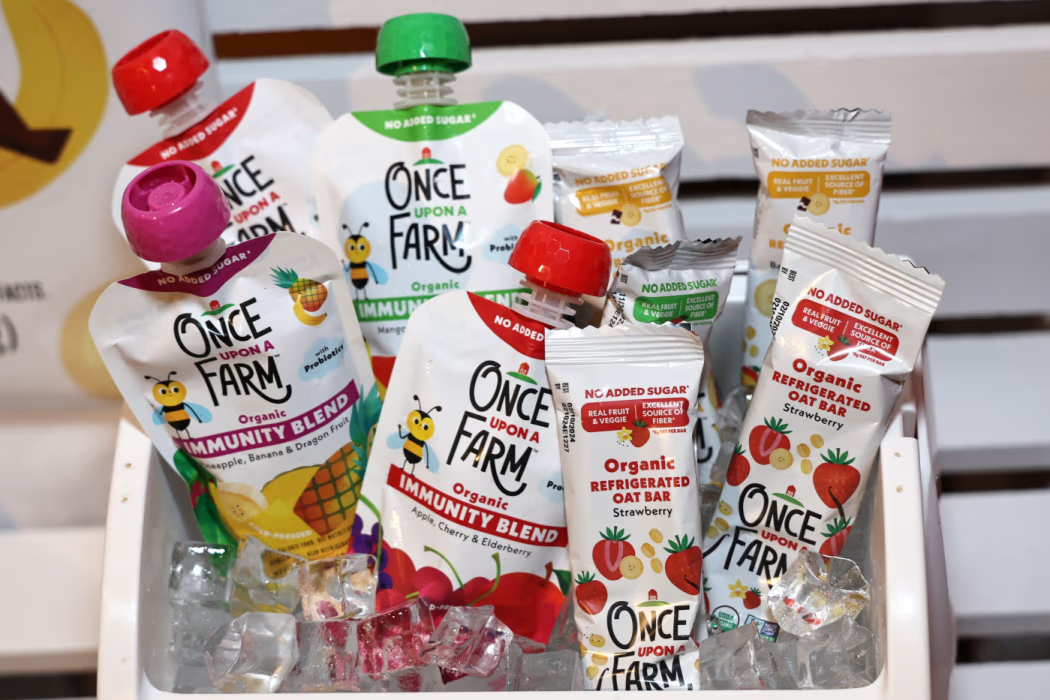A new study from the University of Auckland reveals a concerning link between the easing of COVID-19 restrictions and a subsequent surge in other respiratory illnesses like RSV and Strep A, Bloomberg reports.
Researchers attribute the rise to waning antibody levels in the population, a consequence of reduced circulation of these pathogens during lockdowns and social distancing.
The study, which analyzed antibody responses in 150 regular blood donors over the first three years of the pandemic, showed a significant increase in antibodies against SARS-CoV-2 following New Zealand’s border reopening and widespread vaccination. However, a parallel decline was observed in antibodies against other common winter respiratory pathogens, including Group A Streptococcus.
This decline, according to the researchers, is directly attributable to the reduced spread of these pathogens during the pandemic’s mitigation measures. Mask-wearing, travel bans, and social distancing, while effective in controlling COVID-19, inadvertently led to a decrease in population immunity to other respiratory viruses and bacteria. Consequently, when restrictions eased, these pathogens circulated at higher levels, infecting a more susceptible population.
“It’s really an unintended consequence of the pandemic restrictions that we need to be aware of,” associate Professor Nikki Moreland, a co-author of the study, explained.
She highlighted that the resurgence of RSV, which began in late 2021 before widespread SARS-CoV-2 transmission in New Zealand, strongly suggests that the increase was driven by diminished population-level immunity, rather than any direct immune impairment caused by COVID-19 itself.










The latest news in your social feeds
Subscribe to our social media platforms to stay tuned